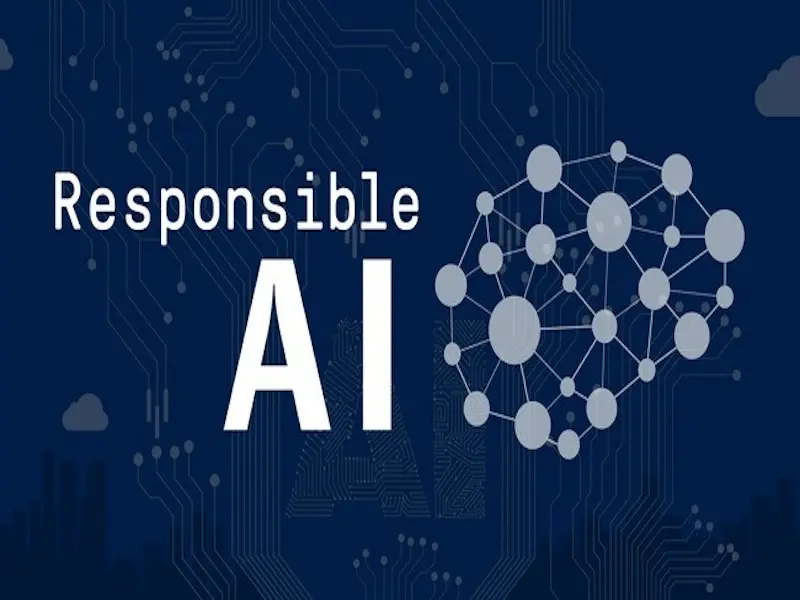- Responsible AI encompasses a set of principles and practices aimed at ensuring that AI technologies are developed and deployed in a manner that is ethical, transparent, and beneficial to society.
- The journey towards responsible AI is complex, but with collective effort and dedication, we can navigate the challenges and create a future where AI serves as a force for good.
The core principles of responsible AI
Fairness: At the heart of responsible AI is the principle of fairness. AI systems should be designed to avoid bias, ensuring that all users, regardless of their background, are treated equitably. This involves scrutinising the data used to train AI models, as biased datasets can lead to skewed outcomes. For example, facial recognition technology has faced criticism for misidentifying individuals from certain ethnic groups, highlighting the need for fairness in AI applications.
Transparency: Transparency is crucial for building trust in AI systems. Stakeholders must understand how decisions are made, especially in high-stakes environments such as healthcare or criminal justice. Explainable AI (XAI) is a burgeoning field that seeks to make AI decisions more interpretable, allowing users to comprehend the rationale behind algorithmic choices. This transparency not only empowers users but also helps in identifying and rectifying potential biases in AI systems.
Accountability: Establishing accountability in AI development and deployment is essential. This involves identifying who is responsible for the actions of an AI system, particularly when harm occurs. Clear guidelines and regulations must be established to ensure that developers and organisations are held accountable for the outcomes of their AI systems. This accountability extends to the users as well, as they must understand their role in the responsible use of AI technologies.
Privacy and security: As AI systems often rely on vast amounts of data, safeguarding user privacy is paramount. Responsible AI practices advocate for data minimisation—collecting only the data necessary for a given purpose—and implementing robust security measures to protect sensitive information. This is particularly crucial in sectors like finance and healthcare, where data breaches can have severe consequences.
Sustainability: The environmental impact of AI technologies must not be overlooked. Responsible AI includes considering the energy consumption and carbon footprint of AI systems. Developing energy-efficient algorithms and leveraging renewable energy sources in data centres are steps towards ensuring that AI contributes positively to environmental sustainability.
Also read: What is artificial intelligence?
Also read: Are the MIT guidelines for responsible AI development enough?
Also read: AI governance at Accenture: Innovation that is responsible
The importance of responsible AI
The rise of AI has the potential to revolutionise industries and enhance everyday life. However, without responsible practices, this technology could exacerbate existing inequalities, infringe on privacy rights, and erode public trust. By prioritising responsible AI, organisations can mitigate risks and foster a more inclusive, fair, and trustworthy AI landscape.
Moreover, as AI becomes more integrated into decision-making processes, the potential for misuse grows. Responsible AI practices can help create safeguards against the manipulation of AI systems for malicious purposes, such as deepfakes or biased algorithms that influence critical decisions in healthcare or hiring.
Challenges to implementing responsible AI
Despite the clear importance of responsible AI, several challenges remain. One major hurdle is the lack of standardisation across industries regarding what constitutes responsible AI. Different organisations may have varying definitions and practices, leading to inconsistency in AI deployment.
Additionally, the rapid pace of AI development often outstrips regulatory frameworks, leaving a gap in oversight. Policymakers and industry leaders must collaborate to establish guidelines that balance innovation with ethical considerations.
Another significant challenge is the need for interdisciplinary collaboration. Responsible AI requires input from technologists, ethicists, sociologists, and legal experts to create comprehensive solutions that address the multifaceted nature of AI impacts.

